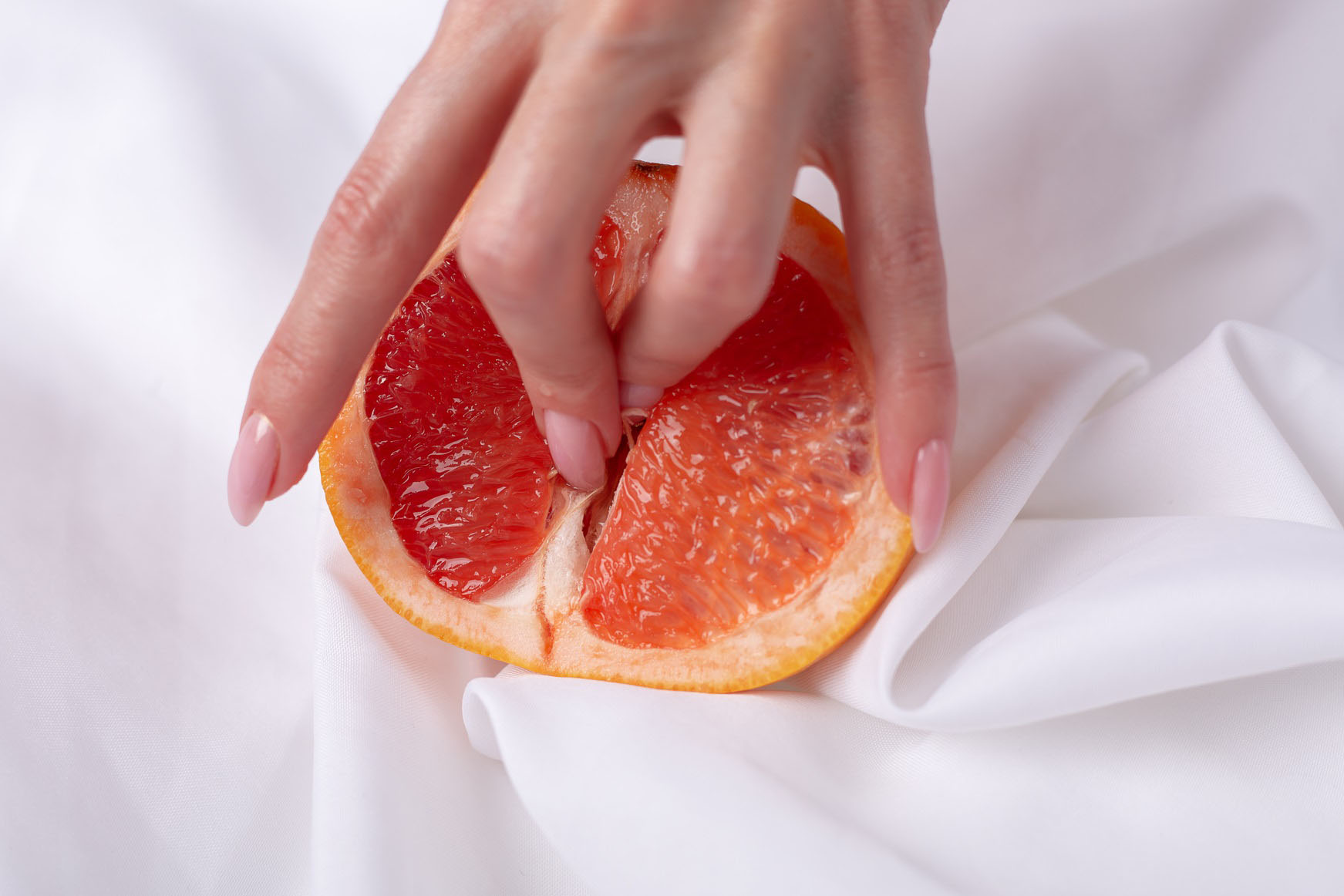Cuddling, togetherness and sex are not only good for the soul, but also keep you healthy. Physical closeness has a positive effect on the cardiovascular system, strengthens the immune system, contributes to stress reduction and can reduce anxiety. In addition, mental vitality and general well-being are boosted! We bathe in a roller coaster of emotions: from excited, blissfully intoxicated and deeply relaxed, it’s all there! Well then, off to bed!
But what are the mechanisms behind our feelings? Which hormones are responsible for them? We have compiled a list of the most important hormones for you, which are released before, during and after sex.
Before sex and during sex
Adrenaline or full on heart palpitations
Adrenaline is actually a stress hormone and is constantly produced in the adrenal glands. It affects metabolism and circulation. During sex, it is produced as arousal increases. It causes blood sugar levels to rise, muscle activity is increased, blood pressure rises and the heartbeat accelerates.
The orgasm, the dopamine explosion
Dopamine is associated with sexual arousal. In the reward center of our brain, dopamine affects our level of satisfaction and well-being. When we are sexually aroused by intimate physical contact, dopamine levels rise and eventually, during orgasm, we experience a veritable dopamine explosion. This creates a state of balance and happiness.
DHEA, the unexplored superhormone
DHEA (dehydroepiandrosterone) is the precursor of many different sex hormones in both men and women. In the USA, it is considered a kind of superhormone that is supposed to have many positive effects on sexuality. However, little is known about its exact mode of action. For example, it is said to increase sensitivity in the breasts and genitals as well as desire and erectile function.
During sex and afterwards
Endorphins, the happiness hormones
The endorphins released during sex provide a mood high, which is why they are also called happiness hormones. In addition, they even relieve acute and chronic pain, hence the term “endogenous morphins.” Endorphins are not only released during sex, but also during caresses, positive thoughts or athletic exertion.
Estrogens and progesterone, the female hormones
In women, the female sex hormone estrogen ensures that the vagina becomes moister during sexual arousal and that the uterus erects. In addition, estrogens in men and women improve blood supply to the pelvic floor area with the pubic coccyx muscle (PC muscle) and strengthen the sense of touch and smell.
Testosterone, the male hormone
Sexuality without the pleasure hormone testosterone is unthinkable. It generally ensures desire in both men and women. In men, the hormone also ensures the increase of muscle mass and the lowering of cholesterol levels. In women, most of the testosterone is converted into estrogen.
Oxytocin, the cuddle hormone
Much research has been done on the so-called cuddle hormone oxytocin. At first, it was considered a typical female hormone, responsible for the contraction of the uterus during childbirth and for the flow of milk during breastfeeding. But it can do much more: it brings pleasure during orgasm, strengthens trust and makes people more capable of bonding – even in men. Oxytocin has a feedback effect, which means that cause and effect can hardly be separated. Thus, the hormone not only promotes cuddling, but is also itself increasingly released by pleasant feelings.
After sex
Serotonin, the hormone of bliss
The hormone serotonin is increasingly produced during sex and is decisive for the relaxation phase after orgasm. The couple feels good and balanced and is in a state of relaxed contentment as well as post-coital fatigue. Men in particular are therefore often suddenly tired after sex.
Prolactin, the relaxation hormone and post-coital fatigue
Similar to serotonin, prolactin is increasingly produced during sex. It helps to relieve physical and mental tension. The hormone inhibits the effect of the neurotransmitter dopamine, which is associated with sexual arousal.
Good to know
If you wish to have a child, orgasm can have an influence on conception. This is because the pulsation of your abdomen and uterus causes the sperm to be sucked in. This makes it easier for it to reach the egg. Another reason for this is that the hormone estradiol is released more frequently around the time of ovulation. This increases the contractility of the uterus. Of course, you can also get pregnant without orgasm. You can find out more about this on our page getting pregnant.





